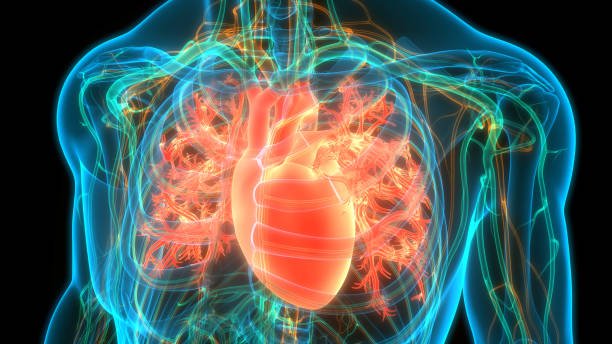Patty’s Body Scan
Heart Scans
Are you concerned about heart disease?
If heart disease runss in your family then early detection is the best and safest option. A CT scan of the heart can take a 4D reconstructed view of the heart and all the vessels that surround the heart to help determine your risk of coronary disease. Then, it is time to make changes or seek cardiology intervention depending on the stages. Best outcome, we tell you to keep living your life because your vessels are clear.
What is an actual CT scan of the heart?
A 4D CT scan of the heart is an advanced imaging technique that captures detailed images of the heart in four dimensions. Unlike traditional CT scans that provide 3D images, a 4D CT scan adds the element of time, allowing for the visualization of the heart's movement and function over a period. This innovative technology offers healthcare professionals a comprehensive view of the heart's structures, blood flow, and dynamics, facilitating more accurate diagnoses and treatment planning for various cardiac conditions. The ability to see the heart in 4D enhances the precision and efficiency of interventions, ultimately improving patient outcomes.
What does a CT scan of the heart include?
A 4D CT scan of the heart is a cutting-edge imaging technique that provides detailed information about the structure and function of the heart in real time. This advanced imaging technology captures three-dimensional images of the heart as it moves, adding the element of time to create a fourth dimension. A 4D CT scan of the heart includes high-resolution images of the coronary arteries, heart chambers, valves, and surrounding structures. It allows physicians to visualize blood flow, assess cardiac function, detect any abnormalities or blockages, and evaluate the overall health of the heart with remarkable precision. This non-invasive imaging modality has revolutionized the way cardiovascular conditions are diagnosed and managed, providing invaluable insights for accurate treatment planning and monitoring..
Does a CT scan of the heart expose me to radiation?
A CT scan of the heart does involve exposure to radiation. The amount of radiation emitted during a CT scan is higher than that of a standard X-ray, as the procedure requires multiple images to be taken from different angles to create a detailed 3D image of the heart. The benefits of obtaining crucial information about the heart's structure and function often outweigh the risks associated with radiation exposure.
What should I expect for my heart CT scan?
When you come in for your heart CT scan, expect to be greeted by our friendly staff who will guide you through the process. You will need to remove any metal objects, as they can interfere with the scan. During the procedure, you will lie on a table that slides into the CT scanner, which resembles a large donut-shaped machine. You may be asked to hold your breath at certain points to get clear images of your heart. The scan itself is quick and painless, usually lasting only a few minutes. After the scan, you will be free to resume your normal activities. Your results will be analyzed by our team of experts, and your healthcare provider will discuss the findings with you soon.
Are there restrictions after the exam?
Feel free to return to your normal daily activities after the exam. We will need to of course schedule a follow up to review findings and develop your tailored plan of care.
What is the cost of the CT Heart Scan?
The CT scan of the heart is the lowest price possible set by our partners in the field. With this cost we include the coronary scan as well as a coronary calcium score in addition to the radiologists review of your images.
Are there any special offerings today at Patty’s Imaging?
We are pleased to announce our cutting edge technology that is new and ready to serve. There is currently a heart and lung special scan for $125 for a limited time. Yes, we are trying to get in front of heart and lung disease and help education the Tulsa and surrounding areas of the health concerns that may or may not affect us all.
Choose to live your life.
Early Detection Saves Lives


